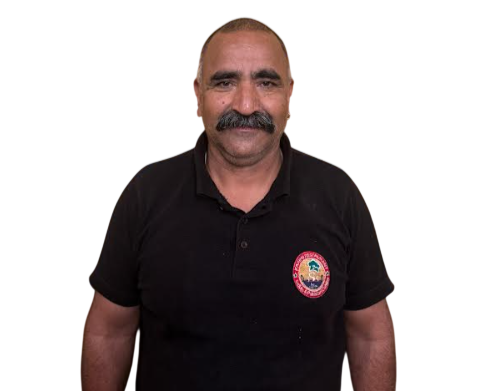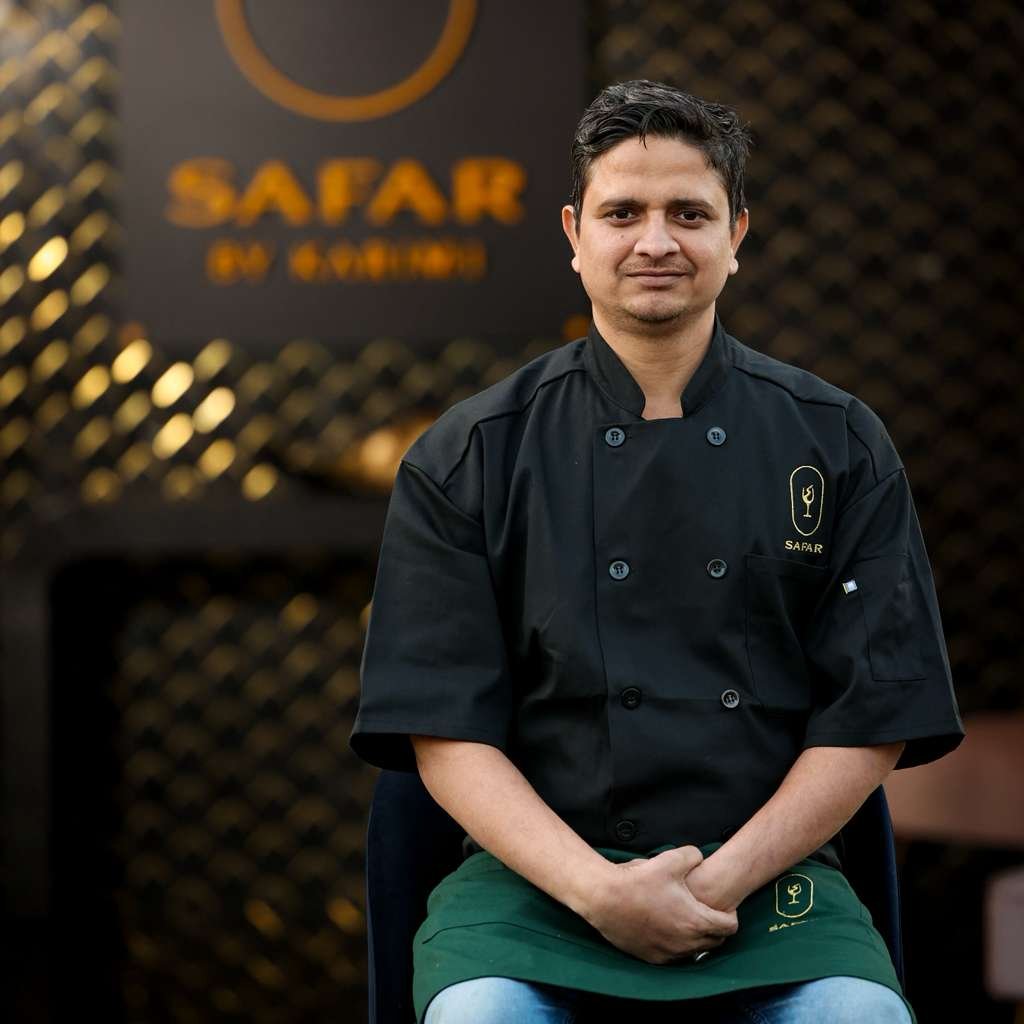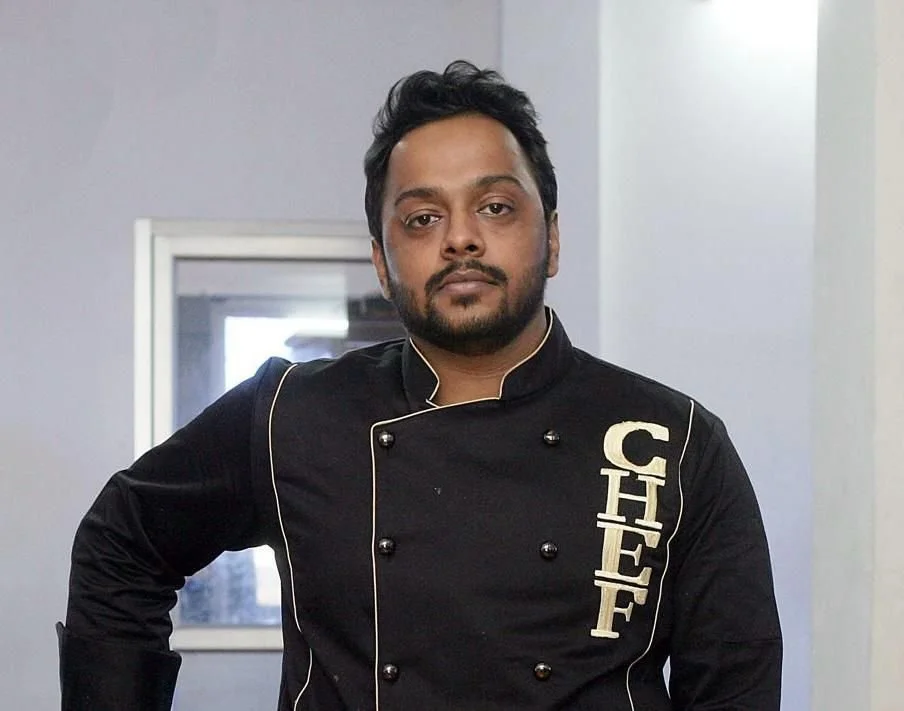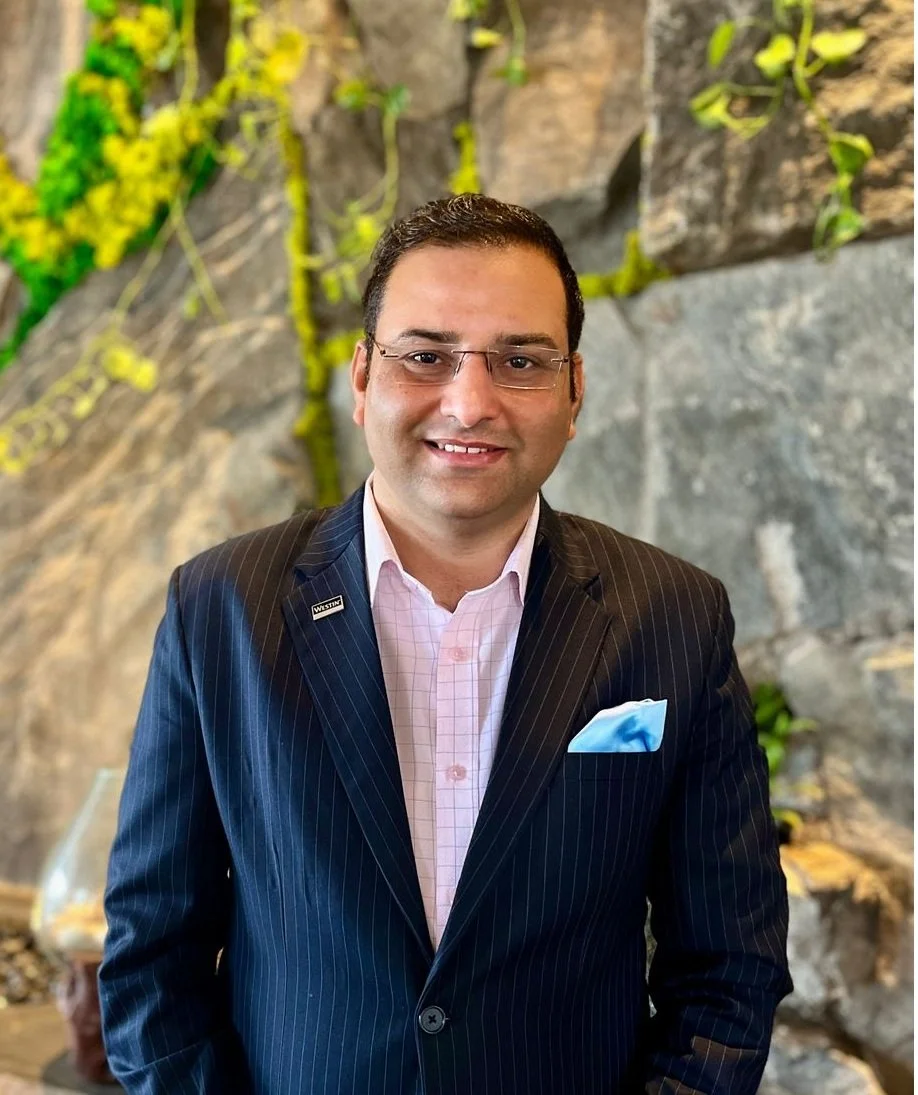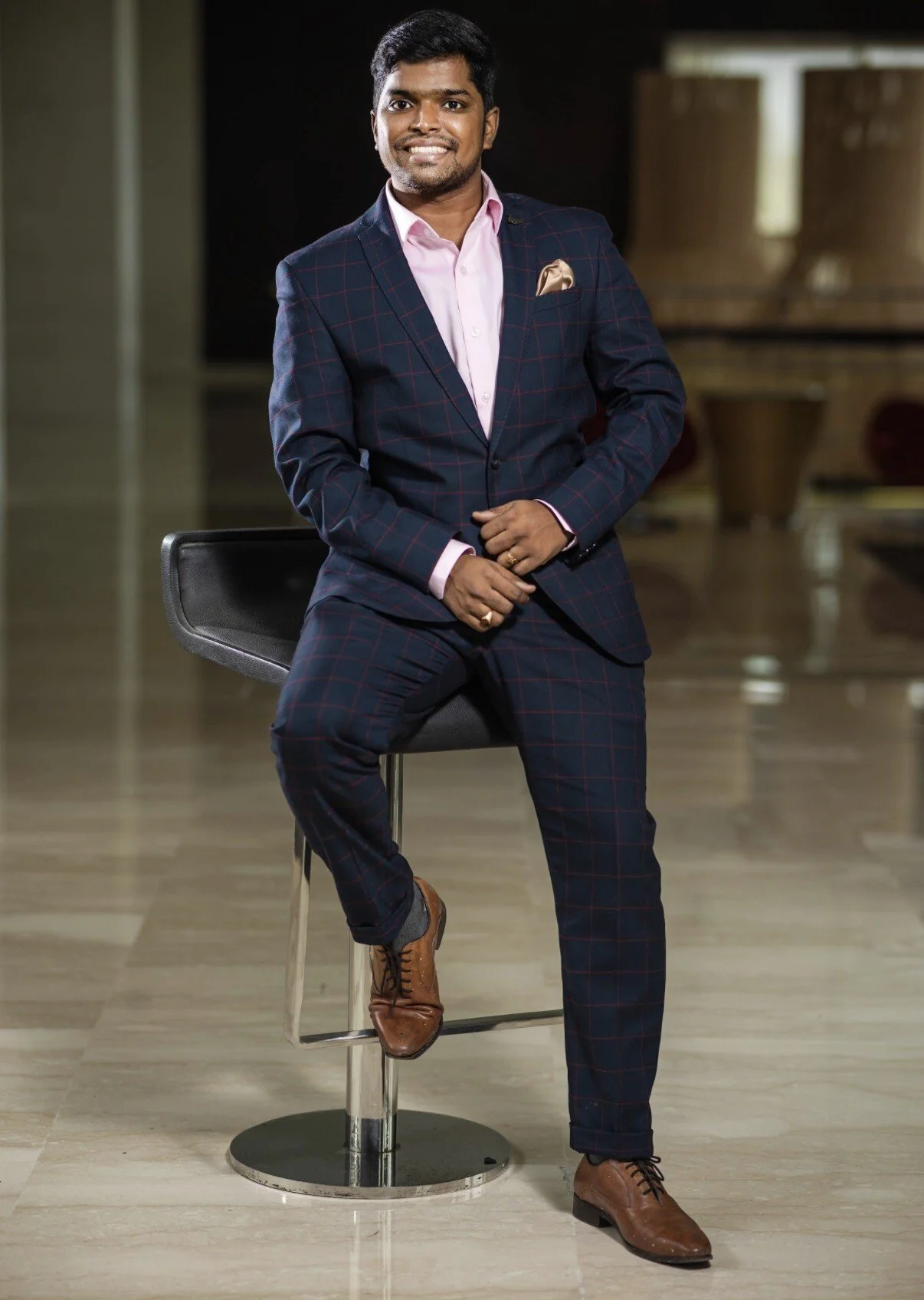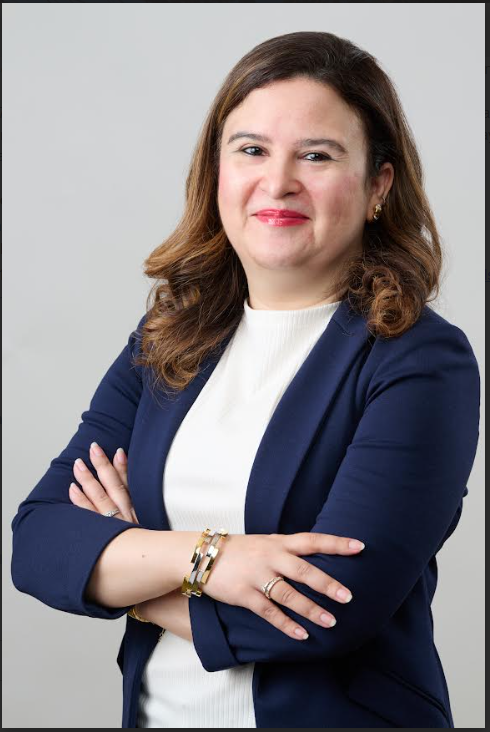Exclusive Interview | Wuttipong Tanteraponchai, Cluster Director of Sales and Marketing, Meliá Koh Samui and Meliá Chiang Mai
/Editor: Tell us about your journey. How did it all start?
The hotel industry has always appealed to me. When I was young, I watched immaculately dressed people in the movies attentively standing behind the front counter of a hotel’s lobby and reception area, smiling and greeting guests. I thought to myself “I want to be there, that should be my career!”
My fate was sealed when I learned that you would definitely get a job once you finished studying at hotel school for one year. The guarantee of a job, enabling me to earn my own money and enjoy the freedom that comes with that, was too good to refuse. After I finished high school I studied at the Hotel and Tourism Training Institute (HTTI) under the management of the Tourism Authority of Thailand (TAT).
In 1991 I began my career as a telephone operator and receptionist. I also worked as a tour coordinator and was promoted to duty manager before I moved into sales in 1997, where I firstly managed wholesales before MICE and corporate accounts.
Before my appointment as cluster director of sales and marketing (DOSM) at both Meliá Koh Samui and Meliá Chiang Mai, I most recently worked as DOSM at The Sukhothai Bangkok, leading a team of sales and marketing communication professionals to help successfully manage the hotel’s transition to a hybrid Alternative State Quarantine (ASQ) hotel in the wake of COVID-19. Beforehand, I worked at The Okura Prestige Bangkok for more than seven years, firstly in the role of director of sales for about two years before I was promoted to DOSM. I have also been cluster director of sales at Pan Pacific Hotels Group Singapore, director of sales corporate & MICE at The Bangkok Marriott Resort & Spa, and director of sales at The Westin Grande Sukhumvit Hotel, Bangkok.
Editor: What do you think it takes to succeed in this industry?
In the hotel industry in general, no matter what the role, you need to love what you do, have passion for what you do, and be committed to your job. Each and every position, from the rank-and-file through to the managers and directors, plays a crucial role in the overall guest experience. If one person lacks commitment and drive, it can ultimately affect the big picture and taint the guest experience.
In the area of sales and marketing, in particular, you have to deliver on your commitment to driving sales and revenue, communicate effectively, and demonstrate leadership. It’s really important to take good care of your team and to encourage them to lead by example, as the hotel’s success hinges upon it. Everyone at the hotel is a salesperson as everyone is involved in delivering a quality guest experience.
A smile definitely goes a long way in this people-orientated industry. I say to my team members that if your smile can make another person smile, there’s a good chance you’ve created a sale. But it needs to be a genuine smile. I believe you can “hear” a smile through the telephone and “feel” it in an email.
Editor: What are the attributes you look for while selecting or hiring?
The single most important attribute I look for when hiring would have to be attitude, hands down. It’s just so important, particularly in the hotel industry where you really need to be willing to learn and be a team player. When you hire based on a can-do attitude, the recruit has the attitude to learn and thus can be trained and developed.
A good attitude can take you anywhere in hospitality. In many ways, the hospitality industry is so diverse, and if you’ve got the right attitude and others like working alongside you, there are so many unexpected yet amazing directions your career can take you.
Editor: What are some of the trends you see impacting the hospitality industry?
In light of what’s been happening to the hospitality industry in response to COVID-19, I think the trends of hygiene, technology, and the current need for social distancing and “less contact” are hugely influential and are here to stay.
I use the phrase less contact instead of contactless because I believe there’s an important distinction to make here. Human connection is integral to the hospitality business. The very definition of hospitality is “the friendly and generous reception and entertainment of guests, visitors, or strangers”. Even if guests check in on their mobiles, there must be, for example, someone there to greet them once they’ve checked in to ensure that they’re ok, even if that is by phone.
In the vein of the phrase less contact, in five years from now, when the world has learned how to better manage COVID-19 and technology has further progressed, efficient technological communication will, at its heart, be driven by how well we as humans communicate. For example, if your guests are on a chat and they require prompt responses from you, how well you respond on that chat is important. Communicating professionally is different to just communicating, as it is underpinned by experience and know-how.
Editor: How is Sales & Marketing adapting to the "new normal"?
From a sales and marketing perspective, we continue to focus on enhancing technology to facilitate client contact and operational services to ensure connection and communication are always there.
We will also continue to harness technology to support a raft of stringent health and safety measures at both Meliá Koh Samui and Meliá Chiang Mai to deliver our #StaySafewithMelia program, which is permanent amid our new normal.
I think, for at least the next five years, the likes of tightened SOPs (standard operating procedures), rigid hygiene standards, vaccination passports, temperature checks will be part and parcel of travel protocol. While travel itself may not be as easy and carefree as it once was, people love to travel and I believe they will not be deterred by extra measures designed to keep guests, staff, and the community safe. After five years travel protocol will probably take on a new form yet again.
Editor: Two things you would like to change in the industry.
I don’t want to change the industry per se but I do think we should continue to work together to prioritize sustainable business models that embrace environmentally-friendly approaches such as recycling, eliminating plastic use, and more. As we prepare for a post-COVID world, the need for the hospitality industry to stand out as an example of sustainable and caring practices is greater than ever.
Meliá Koh Samui has signed the UNESCO Sustainable Tourism Pledge, committing to support UNESCO’s goal of reducing plastic waste and supporting local culture and communities to ultimately promote sustainable travel in Thailand. The resort has already banned single-use plastics on our resort grounds and uses biodegradable garbage bags, biodegradable wrap to cover food items, paper boxes for takeaway food, and wooden and bamboo cutlery and amenities. The resort’s team coordinates with suppliers to, for example, deliver vegetables in baskets instead of plastic bags and closely monitor its food waste, distributing fruit and vegetable waste to its own herb garden and composting area, and other food waste to a local pig farm. Also, the team conducts regular cleaning of public areas such as the beach, local temples, and more.
Meliá Koh Samui is home to The Gallery, situated in the lobby, a not-for-profit social enterprise designed to help improve the lives of Thai communities. The has also provided land for a community farm to help feed elephants rescued from exploitation activities. The resort provided the land after learning that ethical elephant sanctuary Samui Elephant Haven has been struggling to feed its herd of 21 elephants in the wake of a dramatic downturn in tourist numbers to the island due to the global pandemic.
Editor: What can we expect from the hotels in the coming year?
Meliá Koh Samui and Meliá Chiang Mai will both heavily focus on the health and safety needs of travelers, staff, and the community, now and into the future. These hotels will also continue to evolve when it comes to better serving guests amid further change. We are optimistic travel will recover but it will take time as vaccination levels globally need to reach a certain level and people need to feel more confident about traveling again.
Meliá Chiang Mai is the first five-star hotel to open in Chiang Mai since the pandemic began and our team is looking very forward to celebrating its opening. The hotel is providing much-needed tourism jobs and its opening signals optimism and better times ahead for the tourism industry.
The first Meliá Hotels International to debut in Thailand, Meliá Koh Samui, opened in January 2020, just before the onset of the pandemic. This flagship resort has already established brand recognition in Thailand and will continue to cement its reputation. As highlighted earlier, the resort is very much focused on lessening its carbon footprint and contributing to its local communities.


